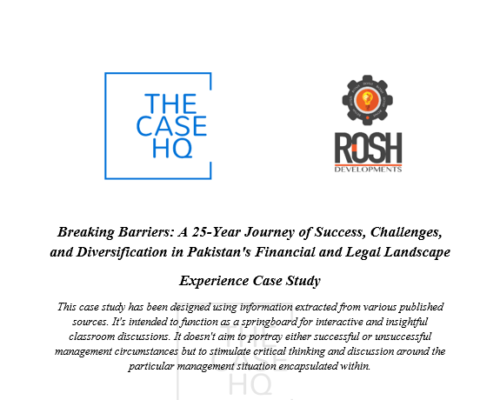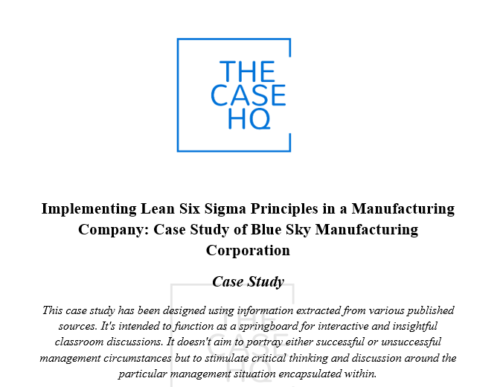Description
Learning Objectives
- Students will learn the significance of maintaining a healthy work-life balance for healthcare professionals and its impact on employee well-being, job satisfaction, and patient care quality.
- Students will assess various strategies to attract, retain, and manage health care professionals, focusing on the challenges posed by staff shortages and high-stress work environments.
- Students will explore the role of technological advancements in improving patient care and operational efficiency and how these innovations can be effectively implemented and managed in a healthcare setting.
Industry Context
The healthcare industry is characterised by high stress, demanding work schedules, and the need for constant innovation. Healthcare professionals, including doctors, nurses, and support staff, face significant challenges in balancing their personal and professional lives owing to the intense nature of their work. The industry is also subject to strict regulatory requirements and rapid technological advancements that require continuous adaptation and training. Additionally, healthcare organisations must navigate a competitive landscape to attract and retain top talent while managing operational costs and maintaining high standards of patient care.
INTRODUCTION
The renowned healthcare company, “Healthcare Excellence Group” (HEG), has been a significant player in the market for many years. HEG, started in the late 20th century by a group of committed medical professionals, has developed into a top hospital network that offers complete medical services to the neighbourhood it serves.
UN SDGs:
Decent Work and Economic Growth (8), Industry, Innovation, and Infrastructure (9).






